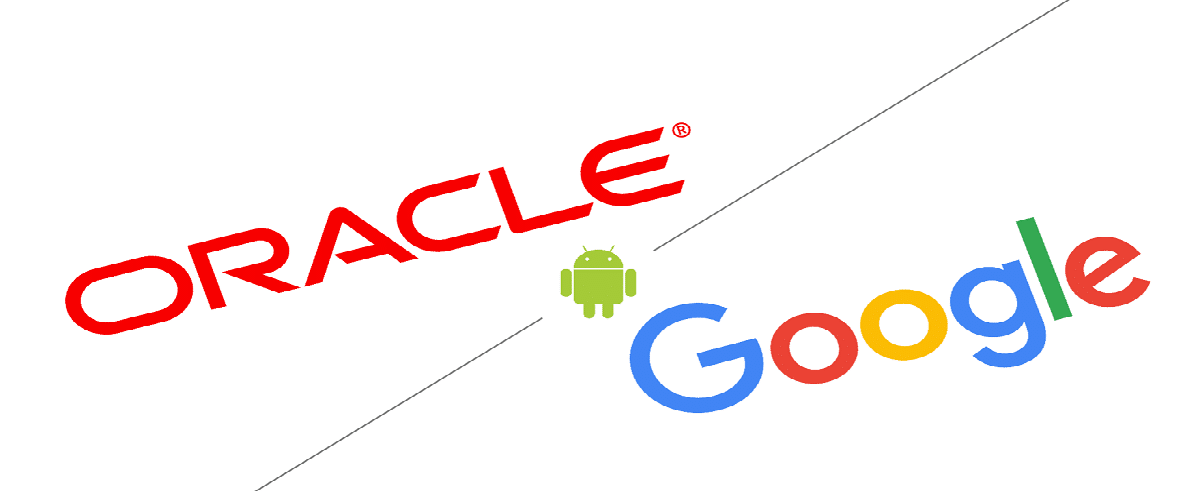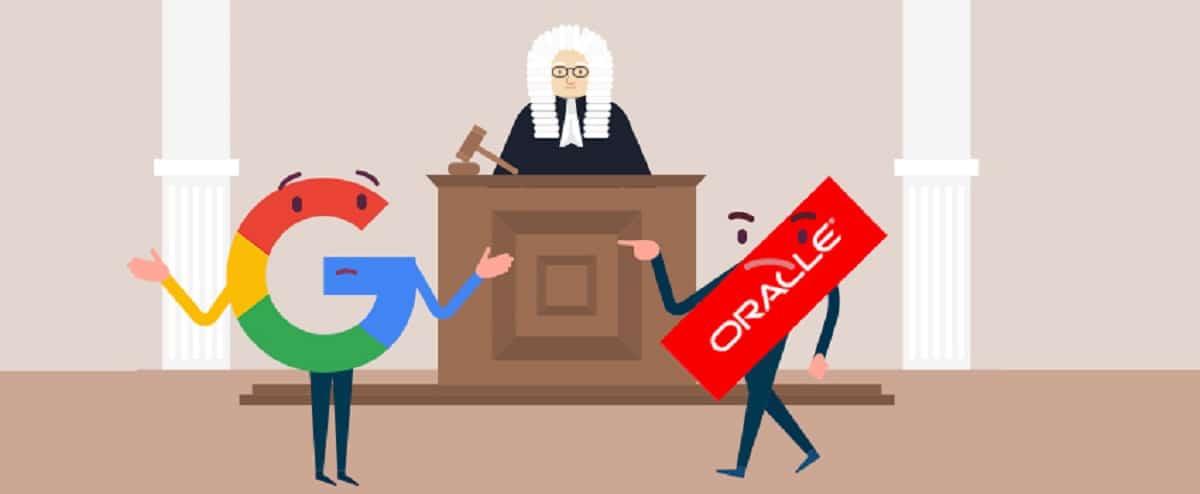
For several years it has been known that Oracle and Google have had several clashes, including the best known is the claim from Orcale to Google about using the Java API on Android in which Oracle has been fighting a pardon for the use of Java on Android.
Remember that In 2012, a judge with programming experience agreed with Google's position and it admitted that the tree of API-forming names is part of the command structure. The copyright law interprets that such a set of commands is not included in the copyright law, since the duplication of the command structure is an indispensable condition to guarantee compatibility and portability.
Therefore, the identity of the lines with declarations and method header descriptions does not matter for the implementation of similar functionality, the names of the API training functions must match, even if the functionality itself is implemented in different way.
Since there is only one way to express an idea or function, everyone is free to use identical statements, and no one can monopolize such expressions.
Oracle appealed and reversed the decision in the Federal Court of Appeals from the US, where the appellate court ruled that the Java API is Oracle's intellectual property.
Thereafter, Google changed tack and tried to show that the API implementation of Java on the Android platform is fair in nature and this attempt was successful.
Google's position was that building portable software does not require an API license and repeating the API to create compatible functional counterparts is "fair use."

According to Google, the API classification as intellectual property will negatively affect the industry, As it undermines the development of innovation, and the creation of compatible functional analogs of software platforms can be the subject of lawsuits.
Oracle filed an appeal a second time and the case was again reviewed in its favor. The court ruled that the principle of "fair use" is not applicable to Android, since Google develops this platform with objectives that are realized not through the direct sale of a software product, but through the control of services and advertising related.
At the same time, Google retains control over users through a proprietary API to interact with its services, which is prohibited from using to create functional analogues, that is. Use of the Java API is not limited to non-commercial use.
It is because of that IBM, Microsoft, Mozilla, Creative Commons, Open Source Initiative, Wikimedia Foundation, Software Freedom Conservancy y many other associations and companies acted as independent participants in the retrial of the Supreme Court between Google and Oracle related to the use of the Java API on the Android platform.
The companies provided the court with a conclusion with their expert assessment of the procedures, using the right to participate in the trial from a third party not related to one of the parties, but interested in the court making an appropriate decision.
On the side of IBM, the company believes that assigning open computer interfaces to copyrights can harm businesses and slow innovation and companies of any size should be able to use open APIs in their designs.
Microsoft believes that the use of the Java API at Google is in the nature of fair useWhile Mozilla points out that copyright laws should not apply to APIs and developers should be able to use APIs without fear of ensuring portability of alternative products and solutions.
The Supreme Court is expected to make its decision in June. If you want to know more about it, you can check the following link.